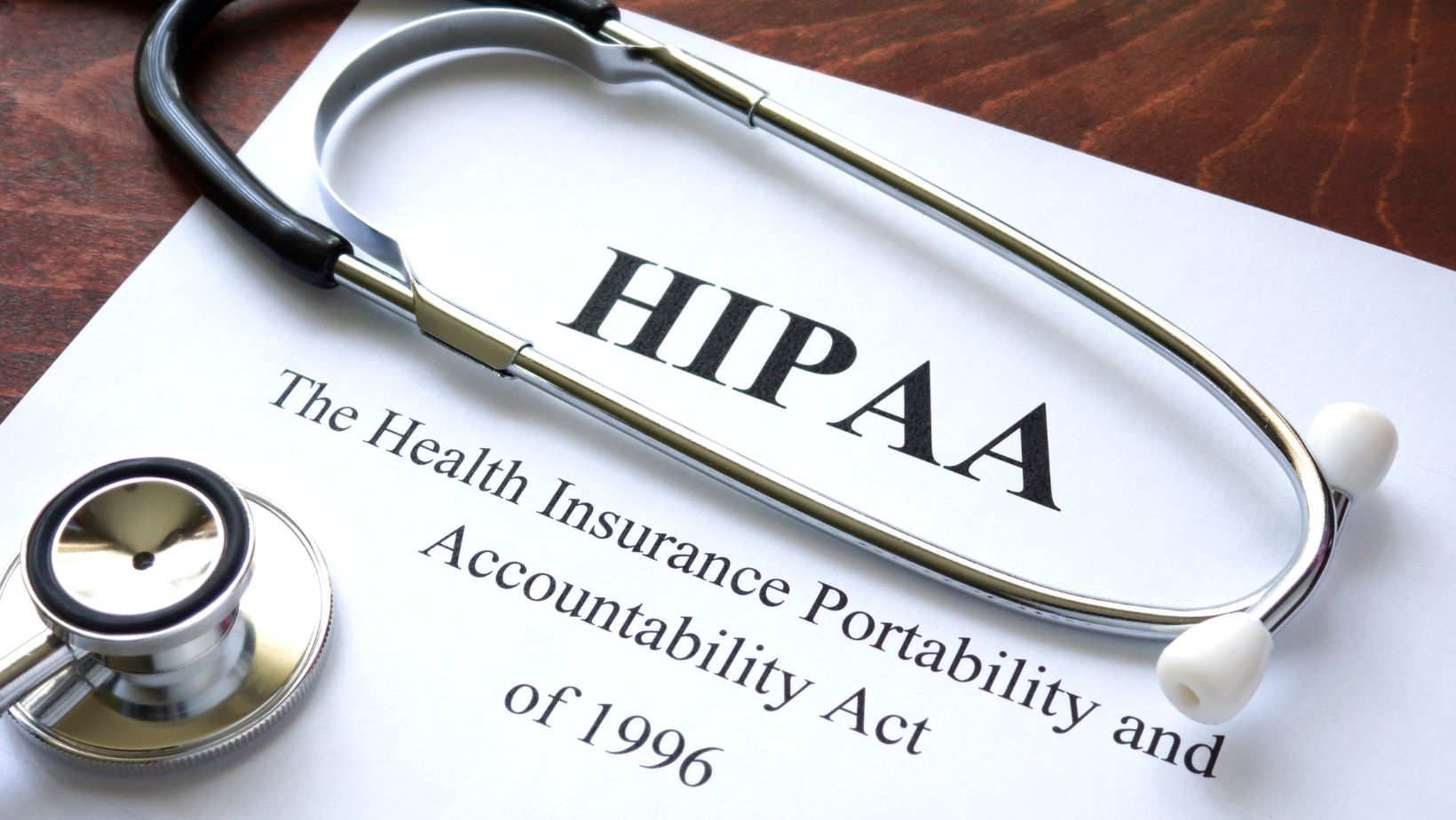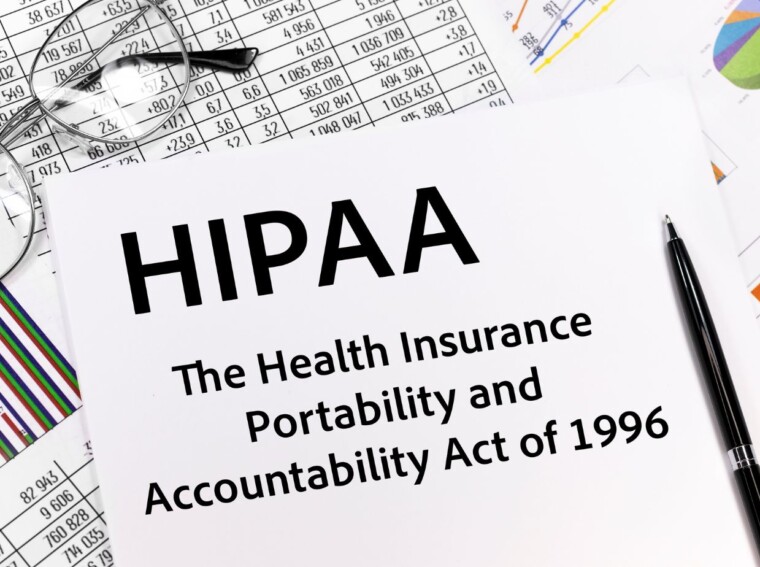HIPAA And Privacy Act Training
As an expert blogger with years of experience, I understand the importance of HIPAA and Privacy Act training in today’s digital age. With the increasing use of technology in healthcare, protecting patient information has become more crucial than ever. In this article, I’ll delve into the significance of HIPAA and the Privacy Act, and why healthcare professionals need to be well-versed in these regulations.
HIPAA, or the Health Insurance Portability and Accountability Act, was enacted in 1996 to safeguard the privacy and security of patients’ health information. This federal law sets standards for the protection of sensitive patient data, such as medical records, billing information, and insurance details. Healthcare providers, health plans, and healthcare clearinghouses are required to comply with HIPAA regulations to ensure the confidentiality and integrity of patient information.
In addition to HIPAA, the Privacy Act of 1974 plays a crucial role in protecting personal information held by federal agencies. This act governs how government agencies collect, use, and disclose individuals’ personal information. It grants individuals certain rights, such as the right to access and correct their records, and imposes restrictions on the disclosure of personal data without consent. Understanding the Privacy Act is essential for government employees who handle sensitive information on a daily basis.
What is HIPAA?
HIPAA, which stands for the Health Insurance Portability and Accountability Act, is a federal law that was enacted in 1996. Its primary purpose is to protect the privacy and security of individuals’ health information. HIPAA establishes standards for safeguarding sensitive patient data, ensuring that healthcare providers, health plans, and other entities handle and protect this information appropriately.
Under HIPAA, covered entities are required to implement measures to protect the confidentiality, integrity, and availability of patient information. These measures include administrative, physical, and technical safeguards to protect against unauthorized access, use, and disclosure of protected health information (PHI). Covered entities must also provide training to their employees to ensure that they understand their responsibilities under HIPAA and how to properly handle patient data.
One important aspect of HIPAA is the Privacy Rule, which sets forth the standards for protecting individuals’ privacy rights with respect to their health information. The Privacy Rule outlines the circumstances under which PHI can be used and disclosed, as well as individuals’ rights to access and control their own health information. It also requires covered entities to have policies and procedures in place to protect the privacy of patient information.
Another key component of HIPAA is the Security Rule, which focuses on the technical and physical safeguards that covered entities must have in place to protect electronic PHI (ePHI). This includes implementing measures such as access controls, encryption, and audit trails to prevent unauthorized access to ePHI.
HIPAA is a crucial law that ensures the privacy and security of individuals’ health information. Compliance with HIPAA is essential for healthcare providers and other covered entities to protect patient data and maintain the trust of their patients. By understanding the requirements of HIPAA and providing comprehensive training to employees, organizations can effectively safeguard sensitive information and comply with the law.

What is the Privacy Act?
The Privacy Act is a federal law that governs the collection, use, and disclosure of personal information by the U.S. government. While HIPAA focuses on protecting patient information in the healthcare industry, the Privacy Act applies more broadly to federal agencies and their handling of personal information.
Under the Privacy Act, federal agencies are required to inform individuals about the purpose and use of the information they collect, as well as the consequences of not providing the requested information. It also gives individuals the right to access and request corrections to their personal information held by federal agencies.
The Privacy Act establishes a set of fair information practices that federal agencies must follow. These practices include:
- Notice: Federal agencies must provide individuals with notice about the collection, use, and disclosure of their personal information.
- Consent: Individuals must give their consent before their personal information can be collected, used, or disclosed, unless an exception applies.
- Access: Individuals have the right to access and request copies of their personal information held by federal agencies.
- Correction: Individuals can request corrections to their personal information if they believe it is inaccurate, incomplete, or outdated.
- Security: Federal agencies must implement safeguards to protect personal information from unauthorized access, use, and disclosure.
The Privacy Act also includes provisions for enforcement and remedies for individuals whose privacy rights have been violated. Individuals can file complaints with the agency or seek legal remedies through the courts.
The Privacy Act complements HIPAA by providing additional protections for personal information held by federal agencies. It establishes a framework for fair information practices and gives individuals control over their personal information. Compliance with the Privacy Act is crucial for federal agencies to maintain trust and protect the privacy rights of individuals.
